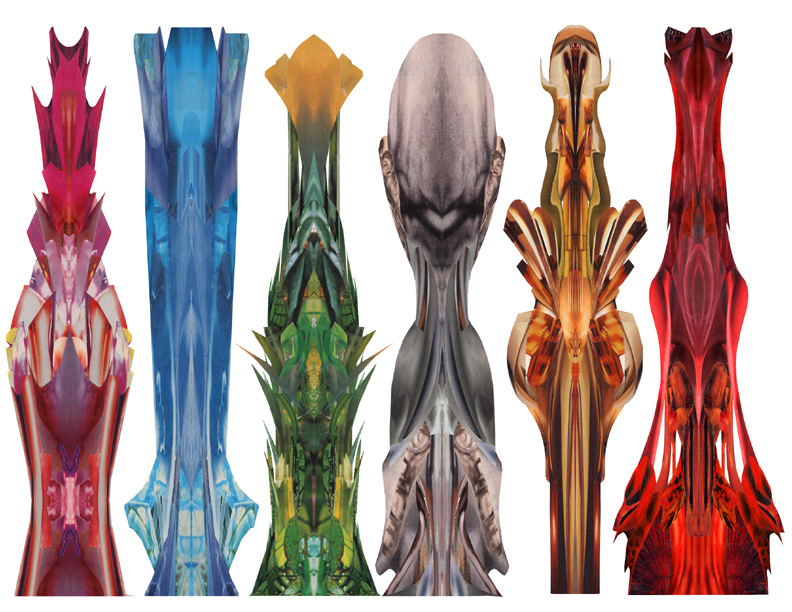Remarks on a few philosophers’ misconceptions
One can issue explanations (scientific, neurological, psychological, quasi-psychological) of the processes (neural processes, workings of the sensory faculties) which under lie sense perception. These result in analyses or breakdowns (e.g., reducing things to neural processings) of the processes that underlie a person’s perception of the world. It could be called an “examination of the machinery the makes perception possible.”
But nothing about this work refutes the common-sense proposition that we perceive (see, hear, touch, taste, smell) aspects and objects of the real world.

